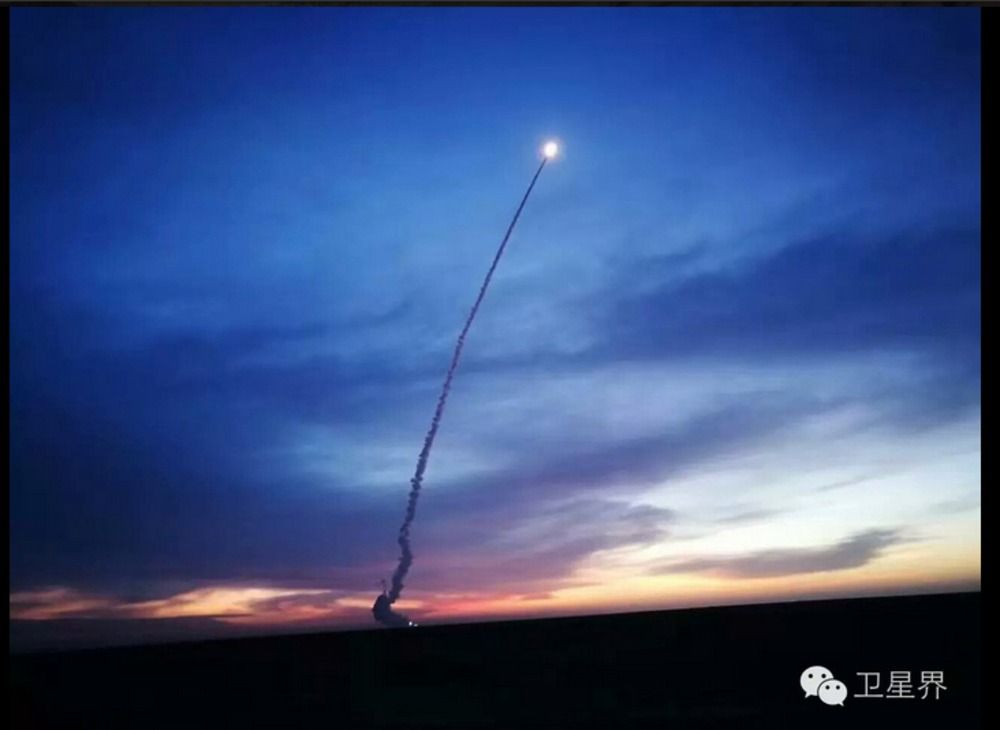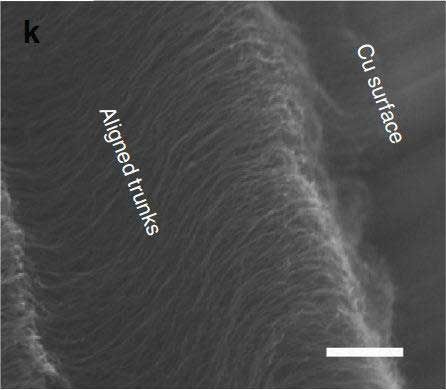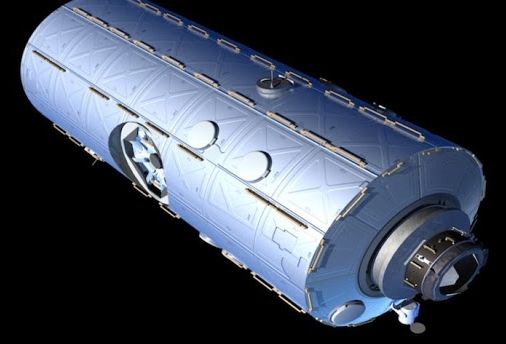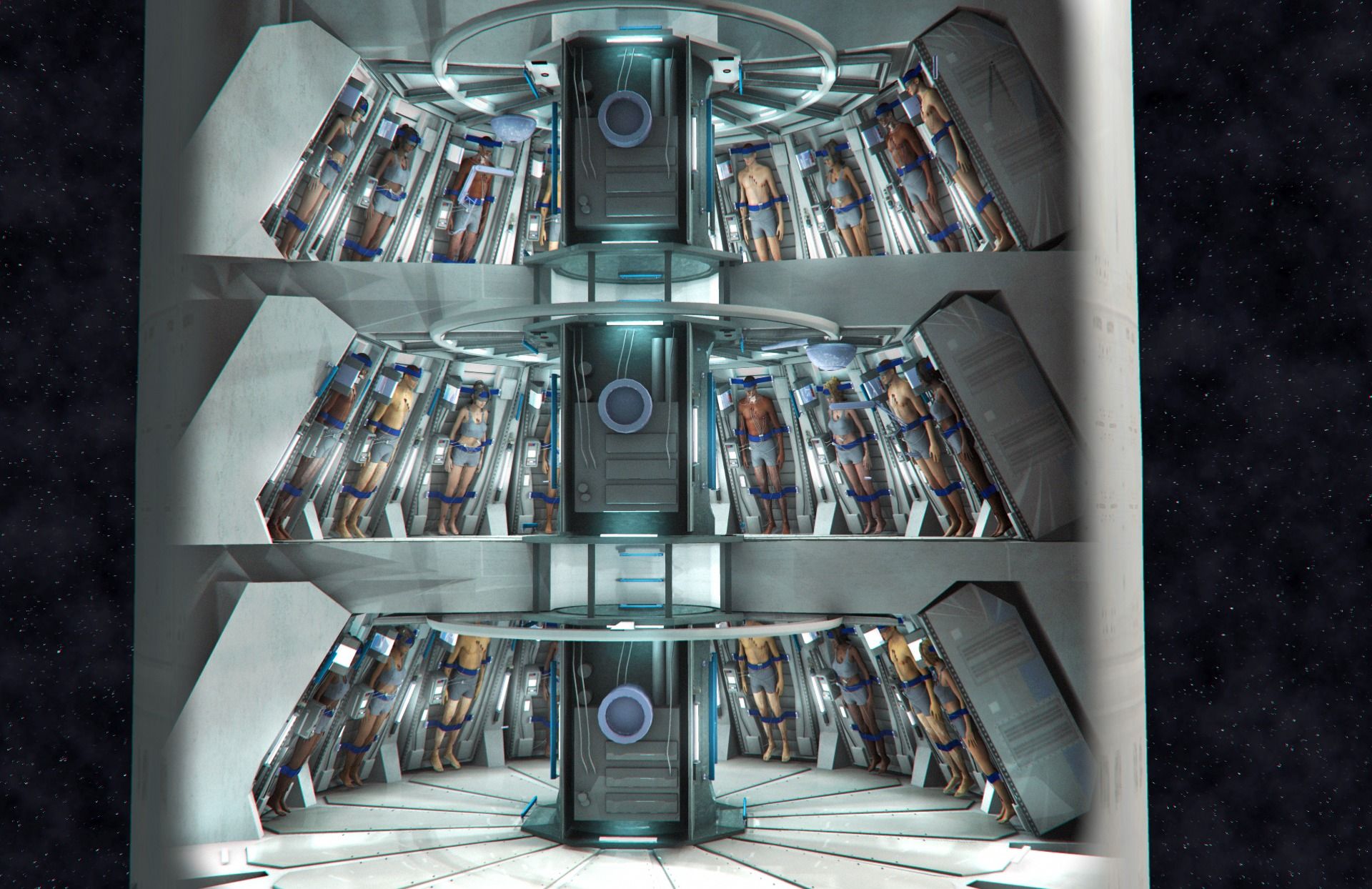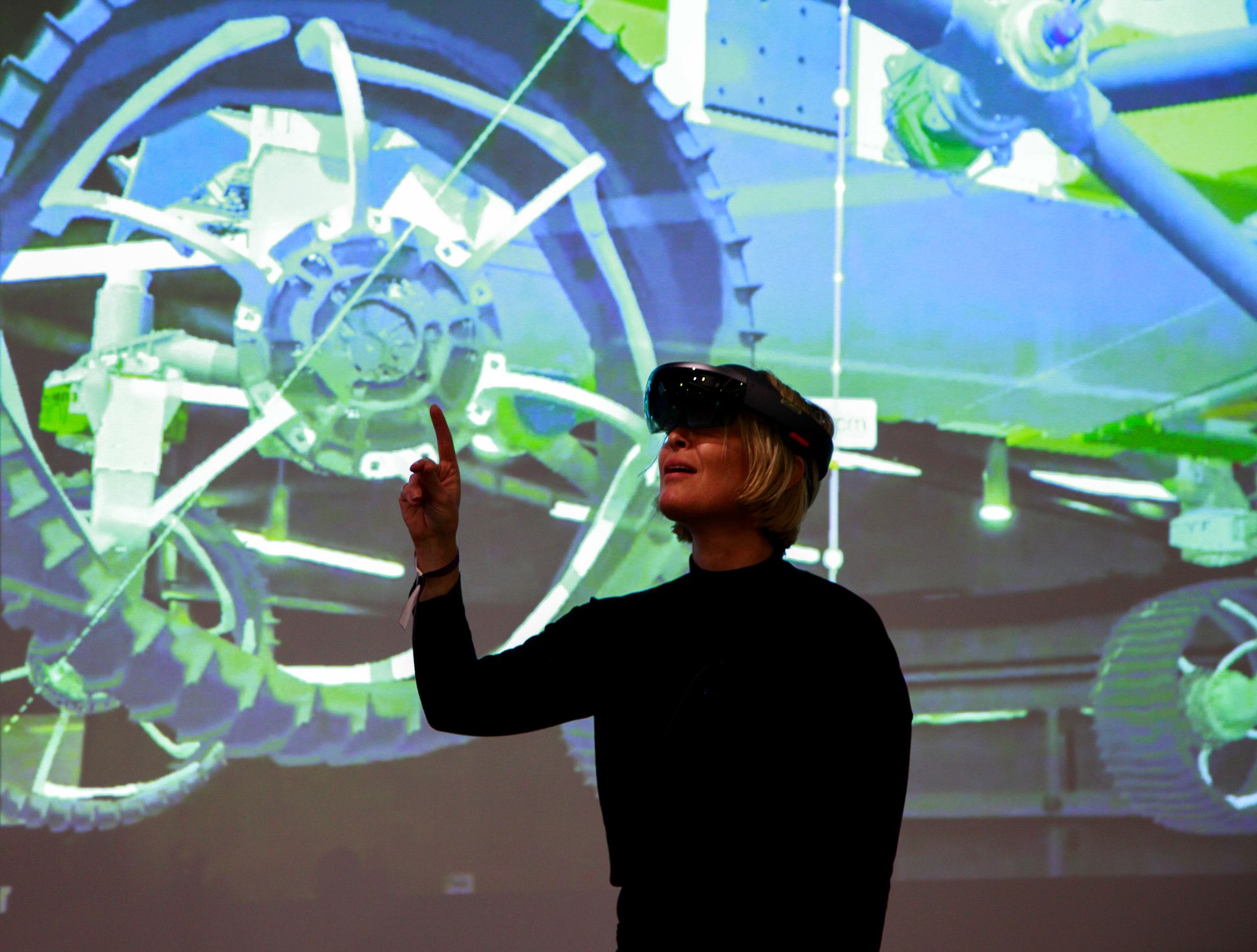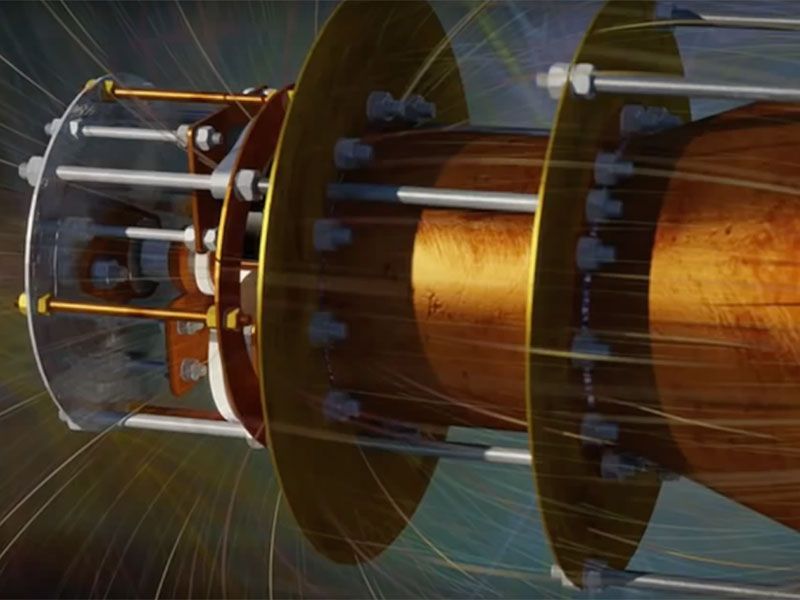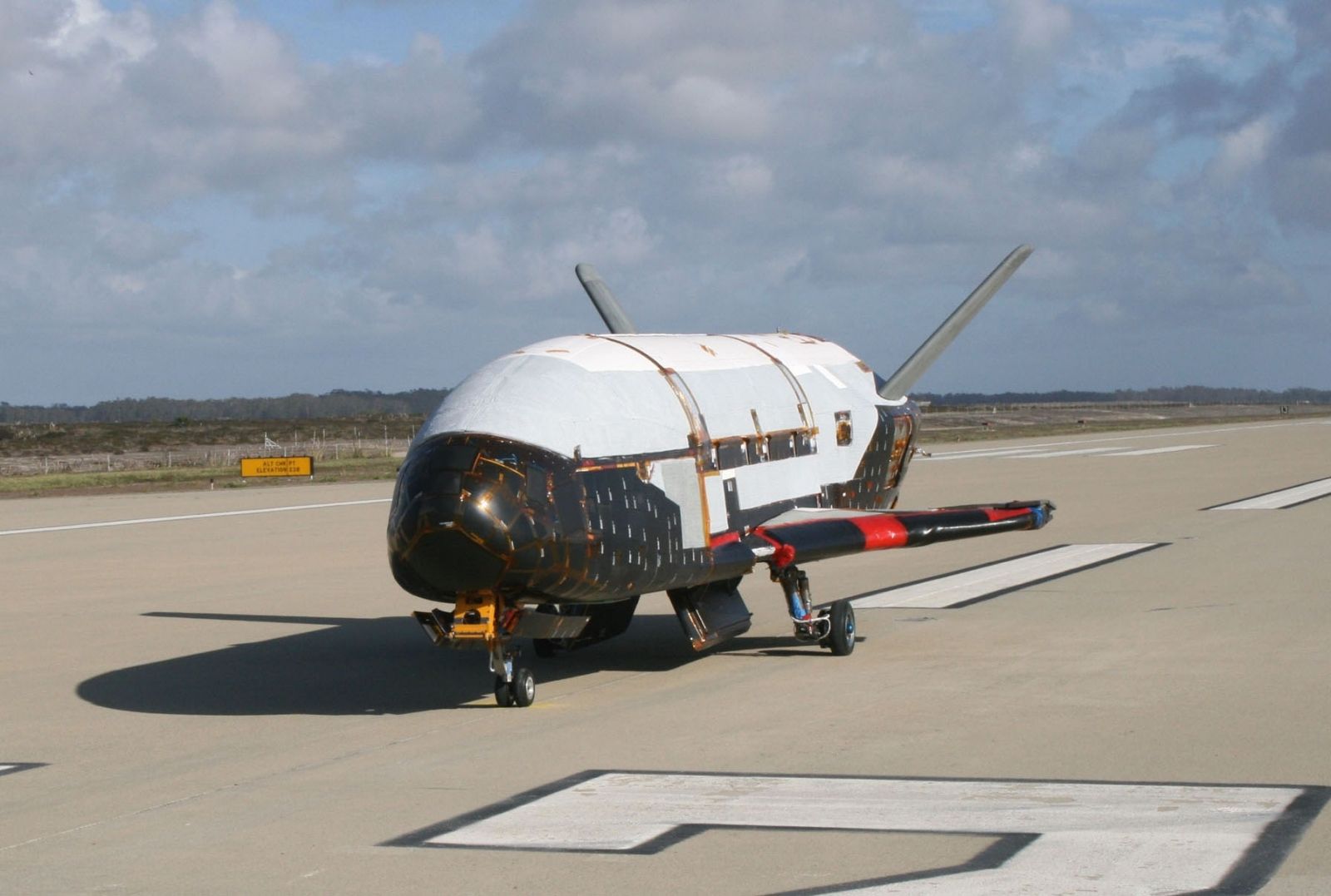EMN is a world-class collective of award-winning journalists and researchers whose mission is to be the leading online live streaming news network for alternative news and information. This news and research-driven force will be the recognized source for inquiring minds. From the paranormal to the supernormal, inner space to outer space, whether groundbreaking scientific discoveries or research into the world of the unexplained; EMN is the gateway for inquiring minds uniting a formidable community of truth-seekers worldwide led by the most respected industry leaders committed to the highest level of integrity.
